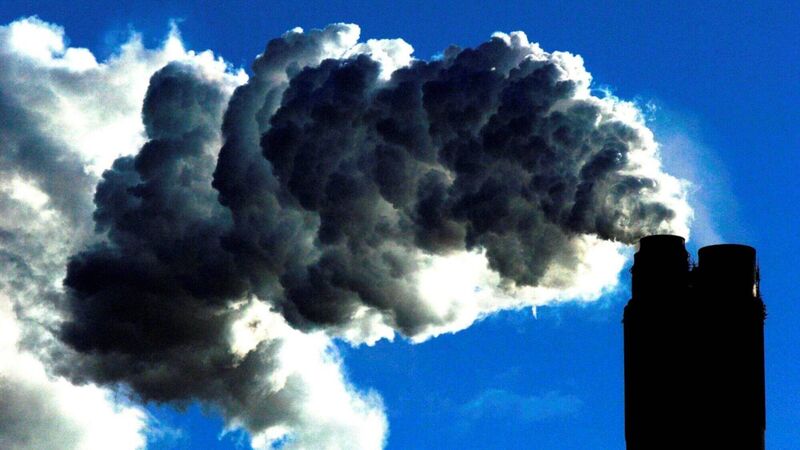Stronger governance needed to end 'unmitigated' fossil fuel burning, says expert

CO2 emissions from fossil fuels used for energy, like in this coal-fired plant, fell by 4.5% in 2019, the most in nine years, a new report has found. Picture: John Giles/PA
Aiming for a “climate-neutral economy” as opposed to a “climate-neutral society” could undermine efforts made under the Climate Bill — because the market alone cannot become sustainable without strong governance and societal buy-in.
That is according to UCC energy and environment expert, Dr Hannah Daly, who said she shares concerns about the limited accountability of the Government in cases where carbon budgets are exceeded under the newly proposed Climate Bill.













